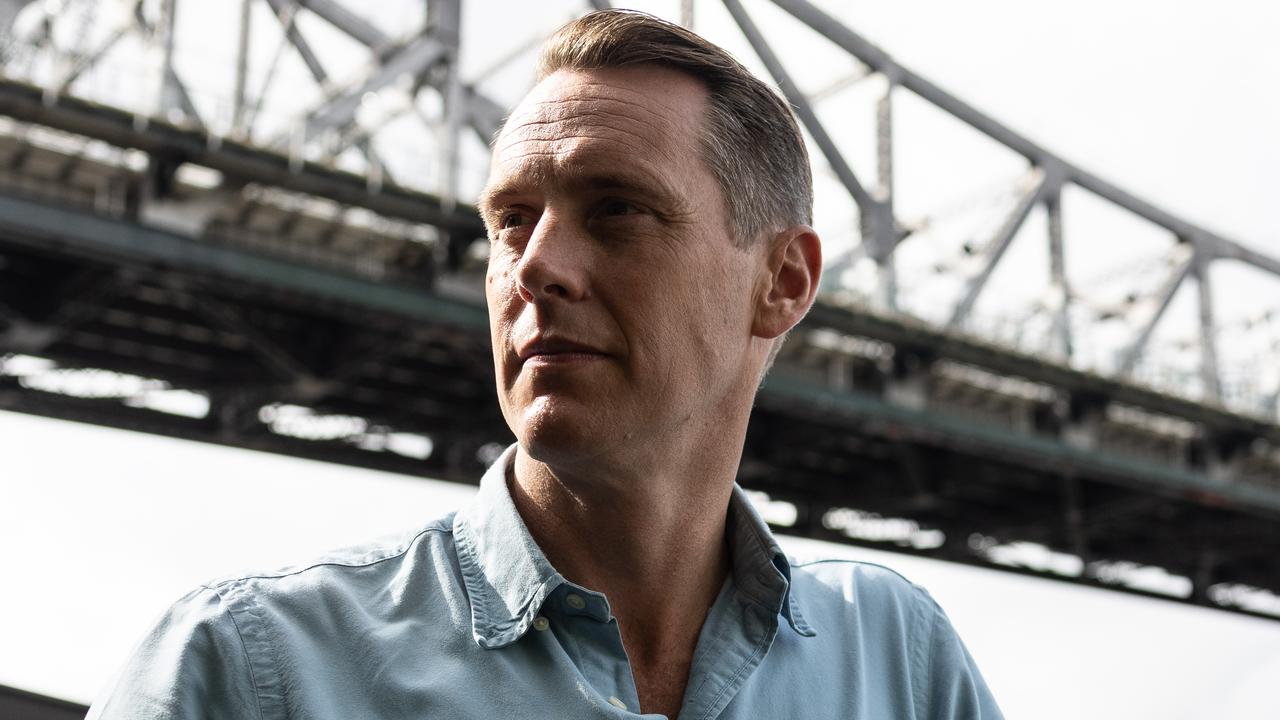Qld cop opens up about trauma on the job
The chilling truth about life as a Queensland cop has been laid bare - and the toll it takes can be long-lasting.
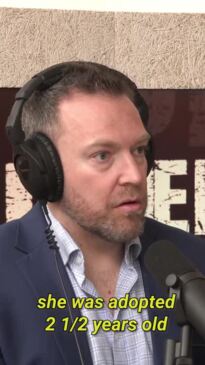
QWeekend
Don't miss out on the headlines from QWeekend. Followed categories will be added to My News.
As a veteran detective, Jack Roney* saw more than most people should ever have to during his three decades in the Queensland Police. He was at the scene of heartbreaking murder-suicides, witnessed the horror of a caravan fire that killed a child and locked up serial child sex offenders.
At its worst, Roney was left to wash the blood off a young child who had seen his parents murdered in front of him. Some cops break under that strain.
For Roney, writing fiction became a way to process the trauma. The first book in his new series was written in 30-minute fragments during his commute to and from work, fiercely bleeding words on to a page. He discovered a gift for helping others understand the world he came from. After all, he says, fiction is the lie that tells the most truth. Now he has a new career as a crime writer.
Roney sat down to talk cops, crooks and the cost with retired NSW Police homicide detective Gary Jubelin for the I Catch Killers podcast.
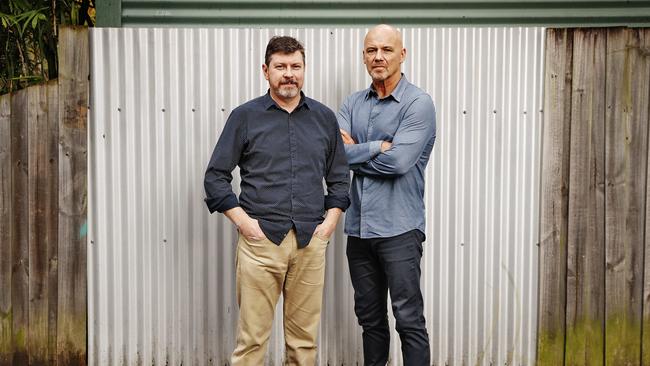
Gary Jubelin: Why join the police?
Jack Roney: When I was 17 I saw a police car pull up at the lights in the main street. I looked at the police car and I thought, “That’s what I want to do.” I was going to go to university straight out of high school – I’d already been accepted, but I had this pull to join the police. So I started at the police academy in 1988. I was sworn in as a constable at the age of 18. I was lucky to be living my dream.
GJ: Describe your first week.
JR: I was thrown straight into night work. It was Toowoomba. It was cold, the middle of winter. I went to a fatal car crash, got into three fights with drunk drivers, got into a fight with a bikie at a nightclub, went to a fatal caravan fire where a little child died. I had more fights, cuts and abrasions in my first week than the remainder of my service. They threw me at everything to get experience. I felt I had to prove myself.
GJ: What did a typical day in the child protection unit look like?
JR: I dealt with child victims and had specialist expertise in interviewing children who had been victims of horrific offences. Then I’d sit down and eyeball the suspect. I did that line of work for 14 years. It was relentless. Every time the phone rang, I knew it was going to be a new job.
GJ: You interviewed seven young children who had just witnessed their parents’ murder. Talk us through that moment.
JR: That case was a double homicide – a husband and wife were shot and killed inside their home. My focus was protecting the kids but they had seen their parents being killed so they were crucial eyewitnesses. One of the kids had blood all over his feet. He was just a little fella, so I washed his dead parents’ blood off his feet. It was a really powerful moment watching the blood swirling down the sink. It stuck with me.
GJ: How did that change you?
JR: For about 18 months I felt unhappy and going to work was a real effort. You don’t see the forest for the trees until you can actually completely extract yourself from a certain culture. So I made the decision to transfer. I changed my career path and became an instructor at the police academy. That was my lifeline. But I just had this itch. So I took a break for 12 months and I felt like life was throwing me an opportunity to pursue my writing career.
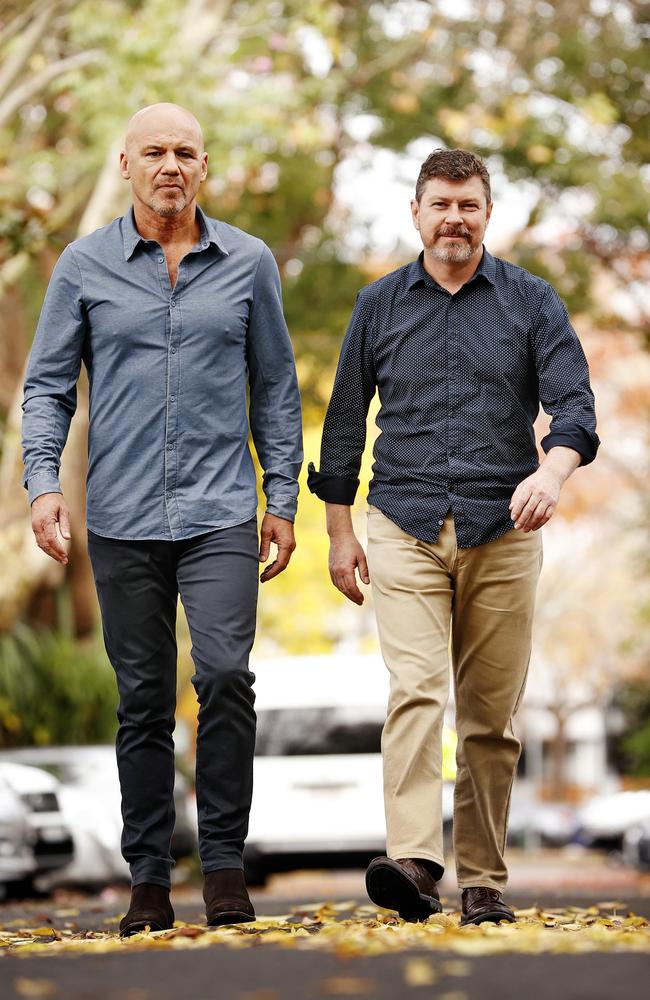
GJ: How did it feel when you left the police?
JR: I had mixed feelings. I handed over the gun, badge, handcuffs, utility belt and the uniforms, signed the forms and walked out of police headquarters. I definitely felt a weight had lifted off my shoulders.
GJ: Why did you start writing?
JR: It started as a way to vent my personal experiences, but the story started to grow legs. My first book was a work in progress for about 20 years. I spent a lot of time thinking and not saying much. I found it very hard to verbalise and articulate what I saw every day, so I started writing. I found I could still tell the truth.
GJ: How much of you is in the book?
JR: There is a lot of me in my main character, detective Jarrod O’Connor. He was my voice to talk about things I felt I needed to talk about but didn’t know how to. Different incidents he experienced were real ones I experienced, which were changed a little bit for the sake of the plot.
GJ: How realistic is the book?
JR: I wanted to try and break the mould. I wanted to make it authentic and believable by immersing the readers so they could see through the eyes of a real detective. My detective has some flaws and concerns, and certainly isn’t a cliched detective who is a broken alcoholic workaholic. I really wanted to create something quite authentic.
GJ: Why was it important to write fiction?
JR: It gave me a way to feel safe telling the truth. The plot is heavily inspired by real situations I’ve been in. About 18 years into my career I felt I was caught between a rock and a hard place. I felt I had no escape. I didn’t realise how much of a toll the job was having on me. I was getting very bitter and twisted about the world. I was very cynical. I was drinking too much and I found myself getting into quite a dark place.
GJ: Where does the magic happen?
JR: I have a home office and my desk is filled with Star Wars action figures that I collected as a kid. I just sit and ponder. One book I wrote predominantly on a train commuting to work. I had this story I just had to tell. It was bursting out of me. If it’s in your heart and you feel you need to write it, you will find the time. So I wrote this 80,000 word manuscript with one hour a day travelling to and from work on the train.
GJ: How do you feel almost a year after leaving the police?
JR: I left on my own terms. In fact, I never thought I’d ever leave. I thought I’d do my 40 years, get the gold watch and get popped out of the building. But circumstances change. I wasn’t just doing a job – it defined who I was.
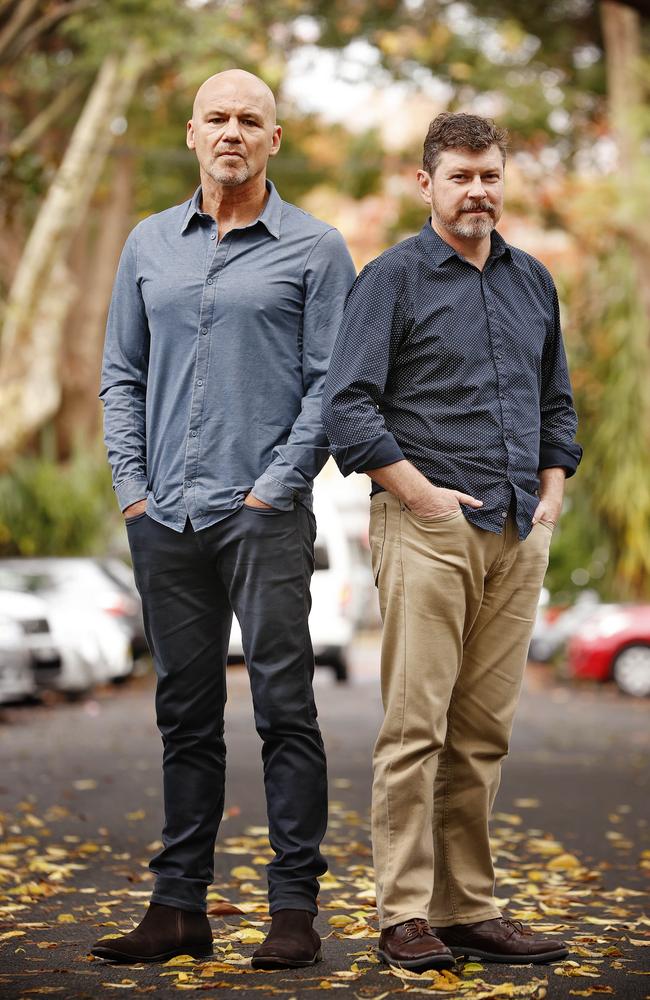
GJ: What’s next?
JR: The first two books of my new series are out this month and the third follows in December. I’m also running crime-writing workshops because there are certain things amateur crime writers can’t Google.
GJ: Why do you love writing?
JR: The sky’s the limit as to where your imagination can take you. It gives me a sense of purpose and it’s my legacy. I really love it.



